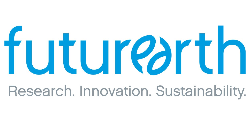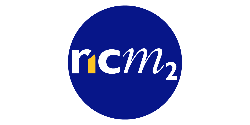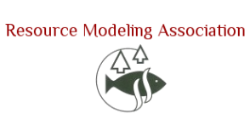Organized by CIRANO, CRM, Future Earth, Ouranos, RCM2 and RMA - Christiane Rousseau (CRM) and Bernard Sinclair-Desgagné (CIRANO) - this workshop was the first of a series on the theme “Sustainability in the Digital Age”, organized under the leadership of Future Earth. The purpose of the workshop was to seed a global initiative around sustainability in the digital age.
Scientific description:
The Earth is a complex system of systems, ecosystems, socio-ecosystems, where multiple components and stakeholders interact often through feedback loops at different scales thus inducing numerous nonlinearities and uncertainties. As the world population is projected to increase to 9.8 billion by 2050 and we have already crossed four of the nine planetary safe boundaries (Rockstrom et al 2009) including climate and biodiversity ones as a result of human activity, we are increasing our risk of large-scale disruption of nature and driving the Earth system and Mankind into new and non viable states and trajectories. Achieving the UN Sustainable Development Goals will require systems change and adaptation: major shifts in how we produce and consume goods, on how we account for climate, biodiversity or ecosystem services in the public policies and assessments, on how we balance present and future and in how we build societal resilience. In particular, to transform a system, we must identify what systems scientists call, “leverage or tipping points.” These are places within a complex system where a small shift in one thing can produce big changes in everything. The digital age is opening new opportunities for identifying leverage points, management and governance promoting sustainability of planet Earth and Mankind.
The workshop focused on listing some problems worth solving and some transformative opportunities that can lead to systems change for addressing climate change, biodiversity erosion and global sustainability more broadly.
Themes of the working groups:
- (i) Operationalize the ecosystem approach in the Digital Age: Big Data, machine learning and IA for the calibration of complex and systemic models induced by environmental challenges and sustainability (climate change, biodiversity erosion, water management, etc.) and integrating multi-dimensional dynamics, non-linear, spatially explicit, multi-drivers (anthropic pressures, public policies, climate, ...) and uncertainties.
- (ii) Operationalizing sustainability and resilience in the Digital Age: Which numerical and machine learning, IA methods for multi-criteria normative approaches, balancing ecological, economic, and social goals, promoting intergenerational equity (reconciling transients and asymptotics) as well as robustness and adaptation to cope with uncertainties, shocks and risks.
- (iii) Which governance for Sustainability in the Digital Age? Big Data, machine learning and AI at the service of strategic interactions, participative methods and cooperation via game theory and multi-agent theory.
This workshop was coupled with the World Conference on Natural Resource Modelling (WCNRM2019), which took place in Montreal on May 22-24 2019.













